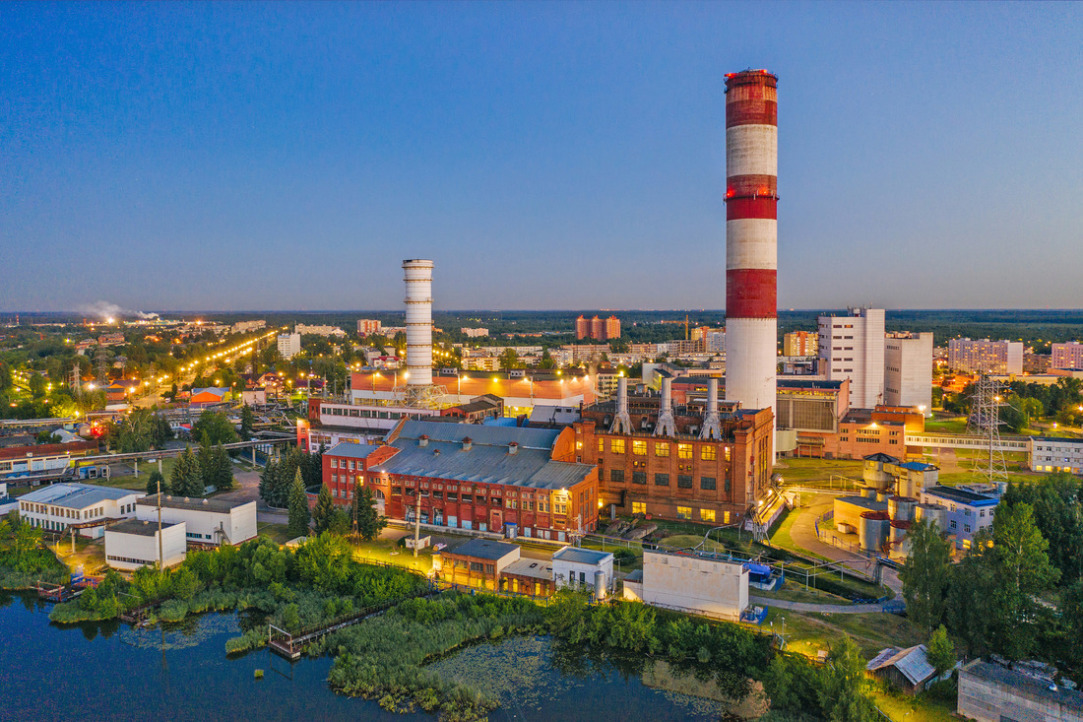
It’s Easier to Forgive When You Are Under Chronic Stress
Russian researchers have studied the correlation between personality authenticity (the ability to be oneself) and the ability to forgive under different levels of stress. They found that people experiencing chronic stress are more inclined to forgive, while people affected by everyday stress are less inclined to do so. The ability to forgive promotes authenticity. The results of the study, which have been published in the journal Clinical Psychology and Special Education, can be used in life coaching programmes.

No Head in the Clouds: Survey Results Refute Stereotypes of Young People
In the run-up to Youth Day, IQ.HSE studied the results of an all-Russian survey by the Centre for Studies of Civil Society and the Nonprofit Sector. Sociologists studied the role of young people in charity and volunteering. What do they sacrifice for the sake of their neighbours — and are they prepared to do it in general? For those who think that young people have their heads in the clouds, the answers will be unexpected.

HSE University Researchers Propose Algorithm to Determine Preferences of Smartphone Users
Mathematicians from HSE University in Nizhny Novgorod have developed a new way to predict the preferences of mobile device users. The method, which is 2–12% more accurate than known analogues, is based on simultaneous recognition of objects, faces and scenes in a smartphone’s photo gallery and on a remote server. The algorithm can be used to personalise services and offer recommendations tailored to a particular person. The article was published in the Pattern Recognition journal.

HSE University Researcher Discovers an Unknown Building by a German Architect in Moscow Region
Rational architecture, a focus on functionality, and a cutback on ornamentation—these factors made the Electroperedacha power station an important early-20th-century achievement in the development of architecture, urban development, and the power industry. The architect of the building turned out to be Hermann Muthesius, a renowned German public figure and one of the founders of the Deutscher Werkbund. The authorship of the building was determined by a researcher from HSE University using original blueprints from the archive of the Mosenergo power supply company. The results of the study were published in Articult.

Big Winners: Very Obese Gamers Perform Better in Long-Term eSports Competitions
Researchers from HSE University and the Norwegian University of Science and Technology compared the performance of eSport gamers of different weight categories. Despite the fact that this study looks at computer games, it touches on the broader issue of including obese individuals in modern work activities that are often associated with computer technology.

Researchers Observe a Gender Gap in the Gig Economy
Researchers from the HSE University Institute of Education have studied data on the work schedule of teachers in an online English-language school and have shown that women aged 25–35 work less than men. This is connected to lower workloads in the evenings. The article ‘Women in gig economy work less in the evenings’ has been published in Scientific Reports.

Users Better Recognise Neutral Banner Ads
Marketers often make ads bright and catchy. However, scientists from HSE University have found out that banner advertising on websites should be neutral in order to influence users more effectively. The results of the study have been published in the Frontiers in Psychology journal.

Mathematical Model Helps Solve 'Organiser's Dilemma'
Researchers from the HSE International Laboratory of Intangible-driven Economy have developed a model for optimising contest prizes for winners and more. The study uses eSports statistics to offer insights into the optimal reward structure for team competitions in a variety of spheres, including corporate and patent battles. The findings from this study have been published in the Journal of Economic Behavior & Organization.

Faculty of Computer Science Lab Develops Monitoring System for LHC Experiment
Researchers from the Laboratory of Methods for Big Data Analysis (LAMBDA) at the HSEFaculty of Computer Science have created a monitoring system that is used in the Large Hadron Collider beauty experiment (LHCb). The system helps track the quality of the collected data and allows operators to quickly find errors.

Learning Is Based on Neurons’ Ability to Cooperate for Survival
Exploring the predictive properties of neuronal metabolism can contribute to our understanding of how humans learn and remember. This key finding from a consideration of molecular mechanisms of learning and memory conducted by scientists from Russia and the U.S. has been published in Neuroscience & Biobehavioral Reviews.

